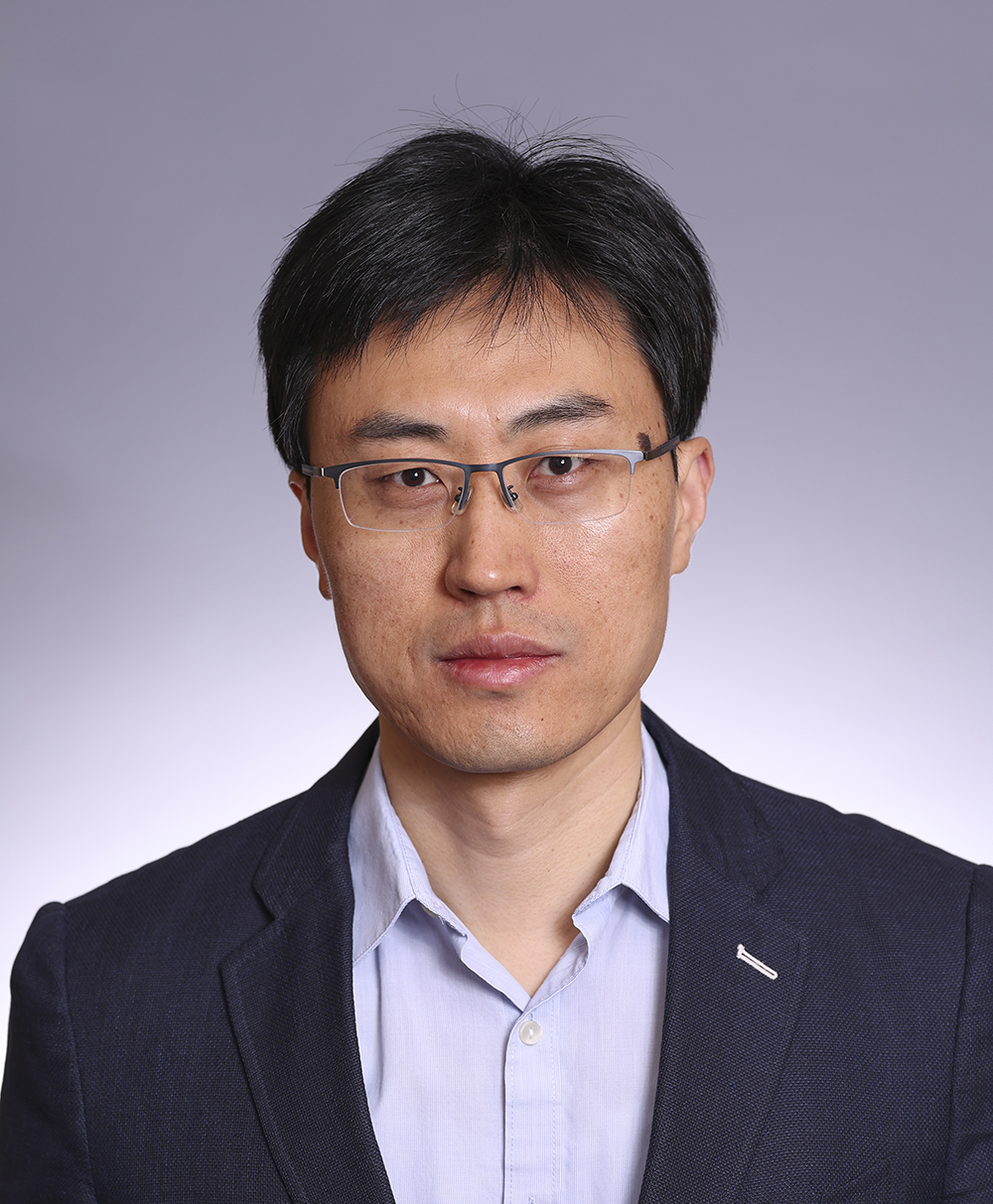Experts
Tong Zhao

Senior Fellow with the Nuclear Policy Program and Carnegie China
About
Tong Zhao is a senior fellow with the Nuclear Policy Program and Carnegie China, Carnegie’s East Asia-based research center on contemporary China. Formerly based in Beijing, he now conducts research in Washington on strategic security issues, such as nuclear weapons policy, deterrence, arms control, nonproliferation, missile defense, hypersonic weapons, regional security issues in Asia Pacific, and China’s security and foreign policy.
He is also a nonresident researcher at the Science and Global Security Program of Princeton University, an associate editor of the journal Science & Global Security, and a member of the International Panel on Fissile Materials. He was a virtual visiting research fellow at the Cooperative Monitoring Center of the Sandia National Laboratories, a Stanton Nuclear Security Fellow at Harvard University, a nonresident WSD-Handa Fellow at Pacific Forum, and worked for the Office of Foreign Affairs of the People’s Government of Beijing Municipality.
He holds a PhD in science, technology, and international affairs from Georgia Institute of Technology, as well as an MA in international relations and a BS in physics from Tsinghua University. He is the author of “Political Drivers of China’s Changing Nuclear Policy: Implications for U.S.-China Nuclear Relations and International Security”, “Tides of Change: China’s Nuclear Ballistic Missile Submarines and Strategic Stability” and “Narrowing the U.S.-China Gap on Missile Defense: How to Help Forestall a Nuclear Arms Race.” He has published in Arms Control Today, Asian Security, The Atlantic, Bulletin of the Atomic Scientists, Foreign Affairs, Foreign Policy, New York Times, War on the Rocks, and Politico, among others.
Affiliations
Areas of Expertise
Education
PhD, Science, Technology, and International Affairs, Georgia Institute of Technology, MA, International Relations, Tsinghua University, BS, Physics, Tsinghua University
Languages
English, Mandarin Chinese